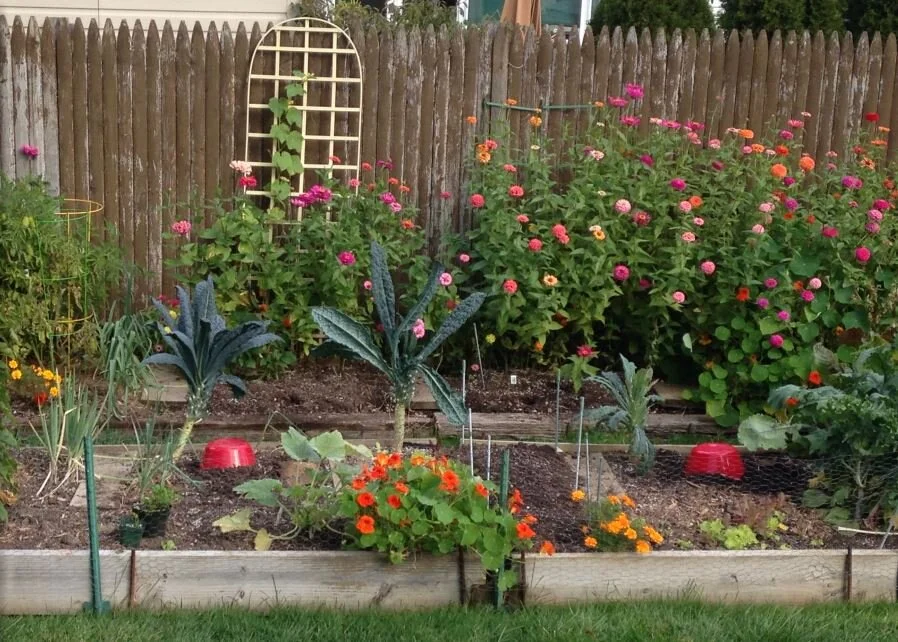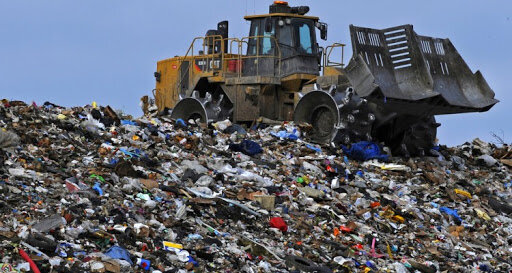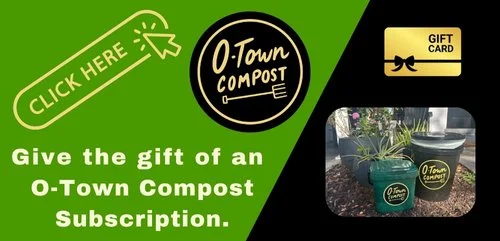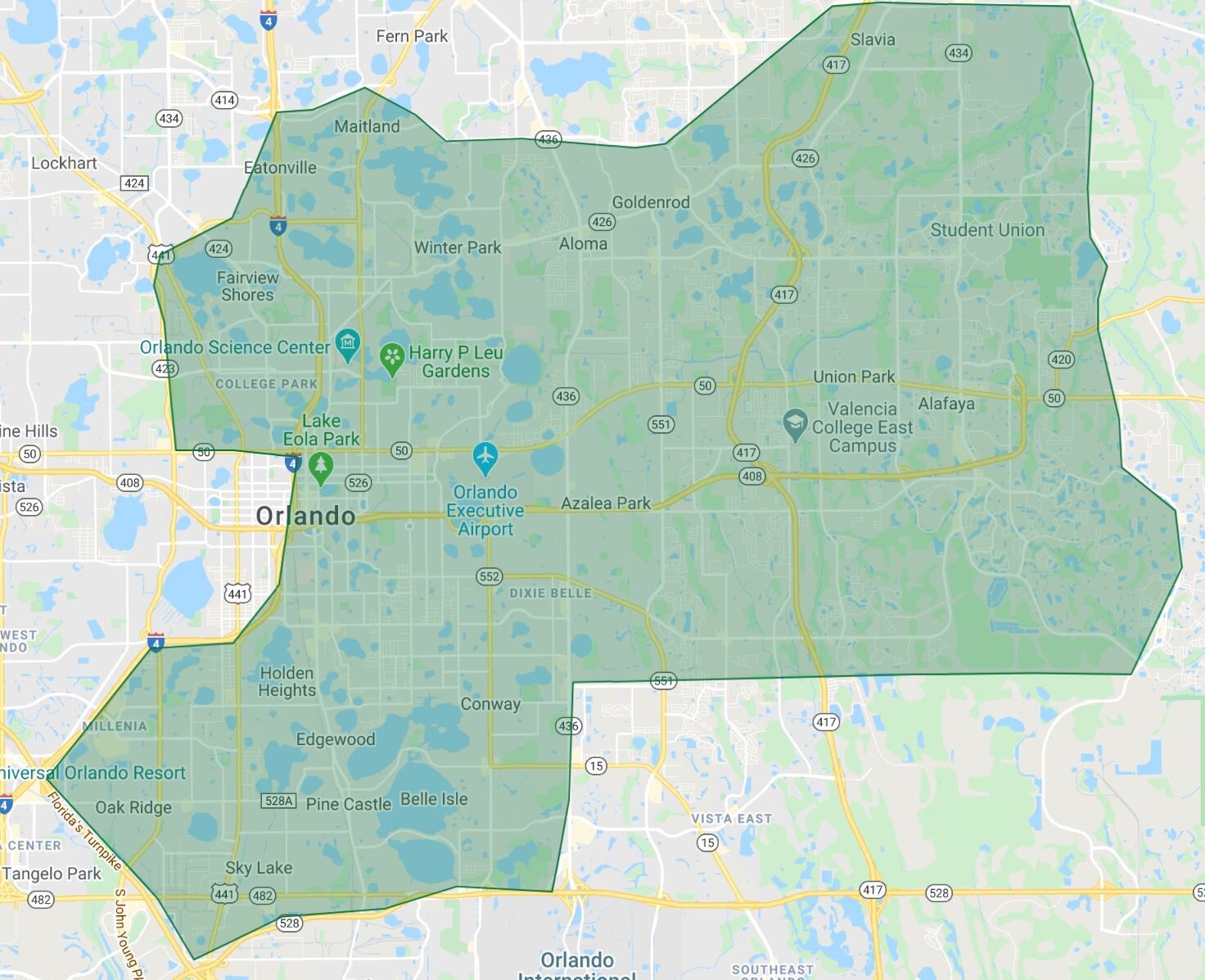O-Town Compost and the Tavistock Development Company (TDC) have created a partnership to benefit the Lake Nona community. The TDC is deeply rooted in the heart of Lake Nona’s planning, design, finance, construction, and development. At their core they build a culture of creativity, innovation, and collaboration, while striving for excellence. This philosophy is evident throughout the businesses, buildings, homes, families, and communities that make up Lake Nona. Through their innovative designs, ideas, and city planning, Lake Nona is a shining example of a community designed to be healthier, safer, smarter, and more sustainable.
O-Town Compost added Lake Nona, and the towns south of the Beachline, to their residential and commercial composting service area early in 2024. Tavistock and O-Town Compost are committed to providing the businesses, residents and guests of Lake Nona a progressive experience that includes the benefits of living, working, and visiting a community that strives to provide all the necessities of healthy and sustainable living. Both companies believe that one of the cornerstones of sustainable living is composting. The simple act of separating organic waste, diverting it from the landfill, and instead, returning it to the farms to grow more food, is one of the simplest, easiest and most powerful acts of sustainability one can make. Making this process attainable and affordable in today’s world is the challenge companies like Tavistock and O-Town Compost are looking to solve.
By combining their resources, the Tavistock Development Company and O-Town Compost have developed a community-wide composting initiative. This program is available to all residents in the Lake Nona community and makes composting easy, attainable, and affordable to everyone. The goal of this initiative is to divert and compost as much of the organic waste in Lake Nona as possible, and in doing so, making it one of the most sustainable cities in Florida and a blueprint for master designed communities everywhere.
Through the the support and partnership of the Tavistock Development Company, and in order to encourage the growth and acceptance of composting throughout the community, O-Town Compost is able to offer all Lake Nona residents a unique, tiered price for its composting services. At sign up, new subscribers will receive a complementary O-Town Kitchen Caddy, complete with a roll of Eco-Safe compostable liners, to go along with their standard 5-Gallon Bucket that contains a secure lid and a compostable liner. Included in the service is access to the O-Town customer portal and shop, which offers a variety of sustainable products, including compostable liners, alternative single-use utensils and dinnerware, stickers, yard signs, swag, and of course, compost, all delivered directly to customers doors. Also included is access to O-Town’s special recycling service that easily allows customers to order a pickup of batteries, textiles, lightbulbs, plastic film, paint, books, small electronics, and cords and wires, for a small additional fee.
Lake Nona residents are now able to subscribe to this service for the low price of $22/month for weekly service x1 bucket and $30/month for weekly service x2 buckets. This pricing is only available in the Lake Nona area and only because of this unique partnership. It is because of this partnership and the long-term commitment to this program by both the Tavistock Development Company and O-Town Compost that this price is expected to go down in the future. This is a resident subscription, density tiered, pricing structure. The more residents that subscribe to the service, the less the service will cost. At present there are 23 subscribers in the Lake Nona area. When the number of subscribers hits 50, the price will drop, and at 100 subscribers the price will fall again.
As you can see from the photos below, this partnership is actively engaged in the program: it values in the initiative, getting the word out, and educating the community about the value of composting and the value of the service. The Tavistock Development Company and O-Town Compost are dedicated to helping the residents of Lake Nona live in one of the most sustainable cities in America. To do this they are striving to get as many O-Town Compost black buckets next to as many front doors in Lake Nona as they can on collection day.
































